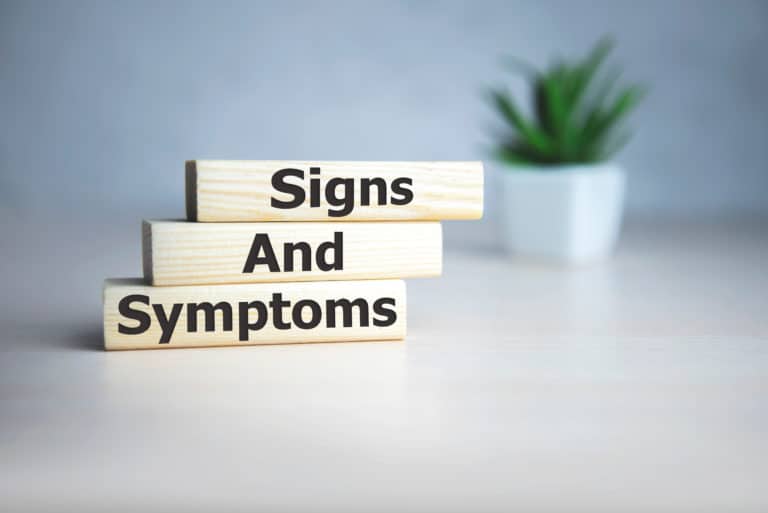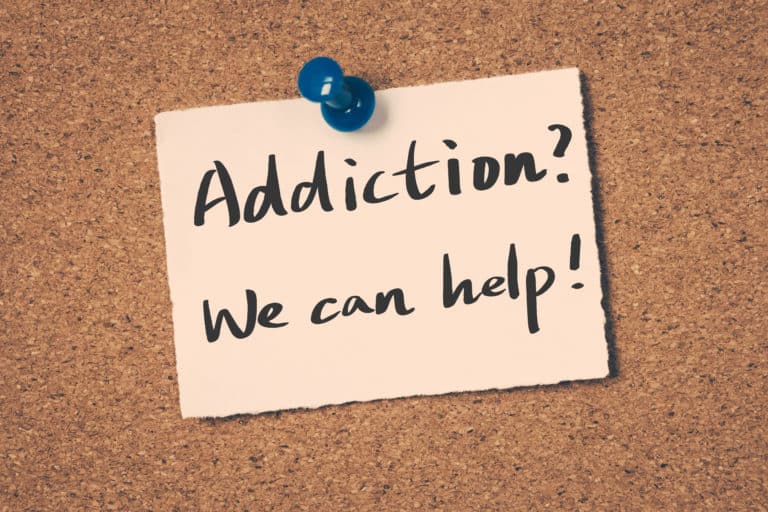Dealing with alcohol withdrawal can be a painful and even life threatening process. Knowing what are the signs of alcohol withdrawal can help you best determine how to deal with the condition. The way that alcohol affects a person can vary greatly depending on a number of factors, but in most cases, the signs and symptoms of withdrawal can be quite severe and need to be treated in an appropriate treatment facility to ensure the safety of the person going through withdrawal.
At Ocean Coast Recovery part of our mission is educating people and helping them get the treatment they need for their addiction and withdrawal symptoms. In this post we will examine the signs of alcohol withdrawal, whether or not withdrawal means you are an alcoholic, and how to get help with an alcohol addiction. Education is the first step on the path to recovery.
What Are the Signs of Alcohol Withdrawal?
You may have noticed from time to time that when you stop drinking, your body reacts with different signs and symptoms. These are because alcohol is a central nervous system depressant which slows down the function of certain parts of our brain and body.
When we drink alcohol it can cause withdrawal symptoms by reducing the production of neurotransmitters such as serotonin or dopamine in various regions throughout the brain. What this means is that if someone drinks heavily for an extended period of time they experience these changes first hand but also know how to manage them through continued heavy drinking.
This is why the symptoms of withdrawal can vary so greatly depending on how much alcohol one has been drinking and how long. Even the occasional drinker can suffer from withdrawal if they drink enough in a short period that their body reacts to the lack of alcohol.
Signs experienced during withdrawal include anxiety, insomnia, depression, nausea, difficulty concentrating and uncontrolled shaking. Other symptoms include vomiting, reduced heart rate, chills, difficulty retaining consciousness, fever, and even seizures.
The symptoms of alcohol withdrawal can indeed be life threatening and therefore alcohol detox should be handled in a safe facility with medical supervision and the proper care so as to protect the health of the person experiencing withdrawal.
At Ocean Coast Recovery we have highly trained staff members who will help you through the entire detoxification process.
Does Alcohol Withdrawal Mean You Are an Alcoholic?
Contrary to popular belief, studies have shown that even occasional drinkers can suffer from withdrawal. So, no, withdrawal does not mean you are an alcoholic. However, continued use of alcohol to cope with withdrawal or repeated use of alcohol despite withdrawing are often signs that a person is becoming an alcoholic.
It is important once you start experiencing symptoms of withdrawal to seek out help from a treatment facility, even if you feel that you aren’t an alcoholic so that you can develop the tools to cope without alcohol in a safe and secure environment that cares about your well being.
How to Get Help With an Alcohol Addiction
The first step to getting help with an alcohol addiction is recognizing that you have a problem. Once this is done it is important to find a treatment facility that can help you get on the path to sobriety.
Ocean Coast Recovery offers detoxification, residential inpatient treatment, and aftercare services so that you can get clean of the alcohol, get the treatment to deal with the addiction, and the support you need to continue your life going forward sober and without alcohol.
Alcohol and withdrawal doesn’t have to mean a lifetime of struggling with the disease of addiction. The help you need is out there. If you notice signs of alcohol withdrawal or are struggling with alcohol addiction, contact Ocean Coast Recovery today!





